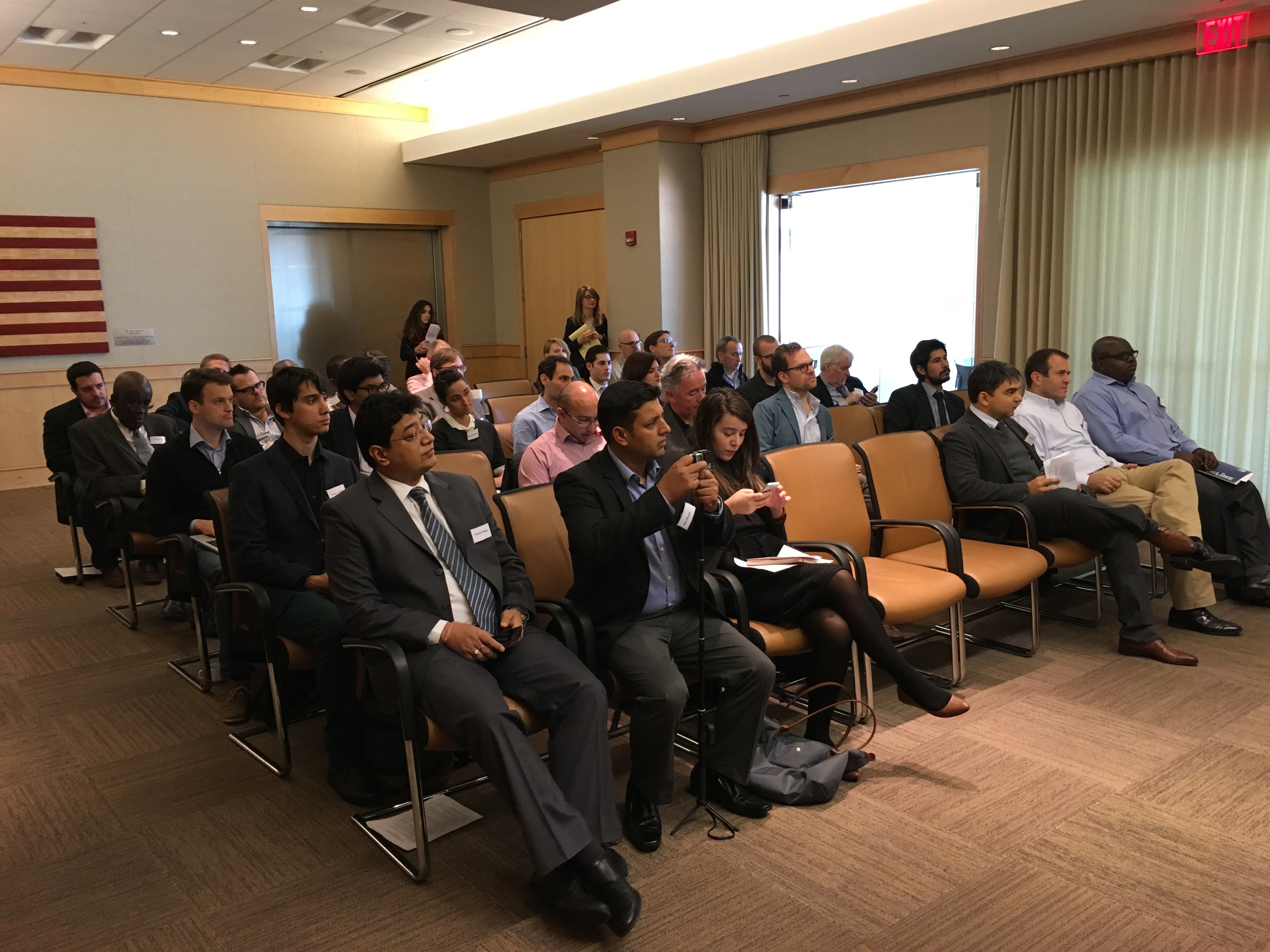The ICT4Peace Foundation, in collaboration with International Idea and Google Ideas, curated the first of its kind workshop on technology and constitutional building processes at the National Constitution Centre in Philadelphia, on Monday, 16 November 2015.
The concept note to the workshop can be read here.
Download report of the workshop, prepared by International Idea, here.
As noted on the event webpage, the making of a Constitution is one of the most difficult processes a nation can embark on. As well as critical political hurdles of reaching agreement among disparate groups regarding the basic structure and vision for the country, there are a number of other challenges that must be overcome if the constitution making process is to succeed. These include learning from the vast experience of other countries, ensuring the citizenry are kept informed and involved in the process and allowing opportunity for citizens to participate in the process, such that the constitution results from the voices of the people – their hopes, dreams, fears and concerns.
The goals of the workshop were fourfold:
- To build awareness amongst the constitution-building community of easily adaptable technologies that can help the process and their work.
- To learn about potential negative consequence and spoiler dynamics increased through the adoption and adaptation of ICTs.
- To strengthen the links between the technology and the constitution-building communities.
- To create a robust network of practice and practitioners to develop cutting-edge technology responses to address both substance and process of constitution building.
Sanjana Hattotuwa, Special Advisor at the ICT4Peace Foundation, led the curation of the workshop which included the selection of Ignite Talks (10 minute auto-advancing presentations) from leading platform, app and website developers working around online and web mediated collaboration, guiding them through the development of their presentation to anchor the substance to the key foci of the workshop, working with other keynote speakers to hone their content to the key challenges faced by Constitution Building Process (CBP) experts who were also in the room, creating templates for feedback in the lead up to the workshop, conceptualising the agenda and on the day of the workshop, moderating the sessions.
Sanjana also gave a keynote at the beginning of the workshop around how technology can play a role in constitutional design and making.
In his keynote presentation, Sanjana flagged the (new) media landscape today as the foundation for discursive terrains in many societies that had to first be recognised and subsequently leveraged by CBP experts. He flagged not just known social media platform, but also in some contexts, for example with the use of Instagram in Sri Lanka, how specific apps and platforms, built for one purpose, were being appropriated by individuals and institutions around advocacy, activism and dialogue.
He then went on to give a bird eye’s view of what ICTs had contributed to in terms of socio-political and indeed, even cultural production, dissemination and contestation, and flagged the enduring problem of ascertaining how best to filter actionable intelligence from the level of noise and the tsunami of content produced over social media.
Flagging the Spectrum of Public Participation by the International Association of Public Participation, Sanjana underscored the need for ICTs in CBPs to focus on and reside more in the involvement, collaboration and empowerment of citizens, rather than as mere on-way information conduits or rudimentary, cosmetic consultative mechanisms.
Ending on a note of caution, Sanjana noted the importance of engaging with the unlike-minded, and the challenges around engineering the recognition of and engagement with difference. Stressing a greater focus on the role and research around cognitive neuroscience as it applies to CBPs and peacebuilding, the work of social marketers and the role played by telcos, Sanjana ended with a quote from renowned author William Gibson, noting that the responsibility of those assembled in the room was to disseminate and democratic knowledge around the use of tech in CBPs.
A full report of the workshop will be made available soon. Photos from the workshop can be seen here.


